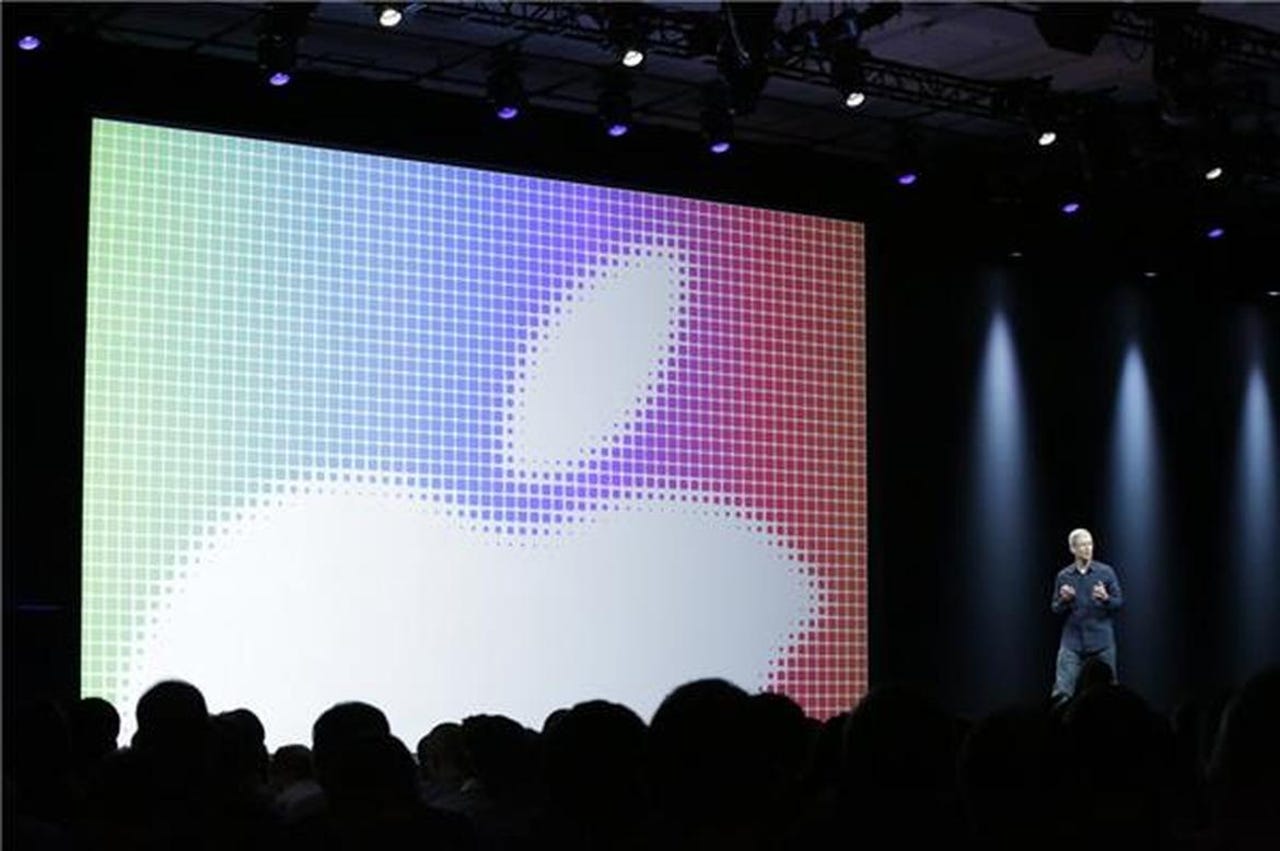How Apple became Samsung, and why Steve might have approved

Simplicity is one of the most important words in the Apple narrative.
It's the core virtue of the company's customer experience--from the way its software works, to the way its products look and feel, to the way its stores are designed.
apple's field trip
It used to apply to the company's product lines, too.
But the expected launch of the iPhone SE and the 9.7-inch iPad Pro at its March 21 event is the latest sign that Apple has thrown all caution to the wind when it comes to the number of products it puts into the market.
The company that released two SKUs for the first iPhone in 2007--a 4GB model and an 8GB model--released over 120 different SKUs of the iPhone 6s (and that's only counting the ones in the US). That included two sizes, four colors, three storage sizes, and five wireless carrier options. Introducing a third size with the 4-inch SE model would likely push that to 180 different SKUs for the US version of the iPhone. That's a long way from that simple pair of SKUs it launched nine years ago.
So, what does that say about the trajectory of Apple? A number of things.
First, there's no question that it breaks part of the traditional narrative. When Steve Jobs officially returned to Apple in 1997, one of the most important things he did was cut the number of products the company was working on from 350 to 10. That kind of focus and simplicity obviously produced huge results. Thirteen years later, Apple passed Microsoft as the most valuable technology company in the world--something that was unimaginable in 1997.
In the process, Apple became the business world's favorite case study for discipline, focus, and attention to detail. That was its game.
With products now spilling out in every direction--the Apple Watch has taken product diversity to even greater heights than the iPhone--the tech juggernaut is playing a different game. It's creating a product to fill every niche, to satisfy every taste.
This is a game Samsung perfected long ago. The Korean manufacturer throws almost countless SKUs at every market it enters. It's the opposite of a disciplined approach, but it's an effective way to keep rivals at bay because it leaves very few places for a smaller, faster competitor to sneak in and find an uncovered niche. Because of its just-in-time manufacturing and its sheer scale, Samsung has ridden the strategy to market dominance and big profits--even it has occasionally been criticized (and sued) for the lack of originality in its designs.
It would be easy to criticize Apple for selling its soul in adopting a similar strategy. You could argue that it has lost its discipline and distinctiveness and is becoming too much like all of the other big companies in the tech industry. You could quote Steve Jobs when he said, "I'm actually as proud of the things we haven't done as the things I have done. Innovation is saying 'no' to 1,000 things."
However, Apple has been heading down this path for almost a decade. When it comes to the iPhone, the company has steadily expanded to work with all of the most important wireless carriers in the world. After seeing huge demand for the white iPhone--the first alternative to standard black--Apple has successfully launched other new colors and seen similar spikes in demand. In the same way, the company eventually relented to consumer demand and offered a phablet-sized version of the iPhone, which was also greeted by spectacular demand. So, the strategy has paid big dividends.
If you think that Jobs would have rejected this approach and you worry that Apple is on the wrong path, then here's something to keep in mind. Remember, when Jobs returned to Apple the company was in the financial gutter. That was a huge part of why Jobs had to cull the product line.
Today's Apple is a much different Apple, with a different set of opportunities and challenges in front of it. Its sprawling product line is a sign of the company's extensive resources and its ambition to open up new markets, reach more consumers, and inspire continuing customer loyalty. Apple is embracing its destiny as a grownup company, while trying not to completely lose its youthful, anti-authoritarian streak.
If Apple is going to light a candle at the altar of simplicity, then what it needs to pay attention to is user experience. Apple Watch, Apple Music, and iCloud are all products that are anything but simple to operate.
A smaller version of the iPhone and the iPad Pro? Bring it on.
ZDNet's Monday Morning Opener is our opening salvo for the week in tech. As a global site, this editorial publishes on Monday at 8am AEST in Sydney, Australia, which is 6pm Eastern Time on Sunday in the US. It is written by a member of ZDNet's global editorial board, which is comprised of our lead editors across Asia, Australia, Europe, and the US.
Previously on the Monday Morning Opener:
- Open Compute Project: Gauging its influence in data center, cloud computing infrastructure
- VR is the next big thing, whether you can see it or not
- For simplicity and security, Apple needs to draw a line now to prevent further ones
- Will Galaxy S7 keep Samsung in pole position?
- A call for more cloud computing transparency
- Microsoft and mobile: The headache that won't go away
- If a smartphone vendor acquiesces to anti-encryption laws, don't use them
- Why it's time to give Twitter back to the community
- Business, tech leaders' challenge : Finding innovation that matters
- Amazon's 2016: Five key cloud, e-commerce questions
- Tech predictions 2016: 4 business trends to watch
- The 5 trends that rocked business tech in 2015
- The state of enterprise software: 5 lessons
